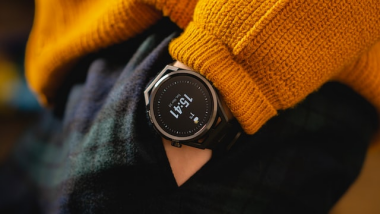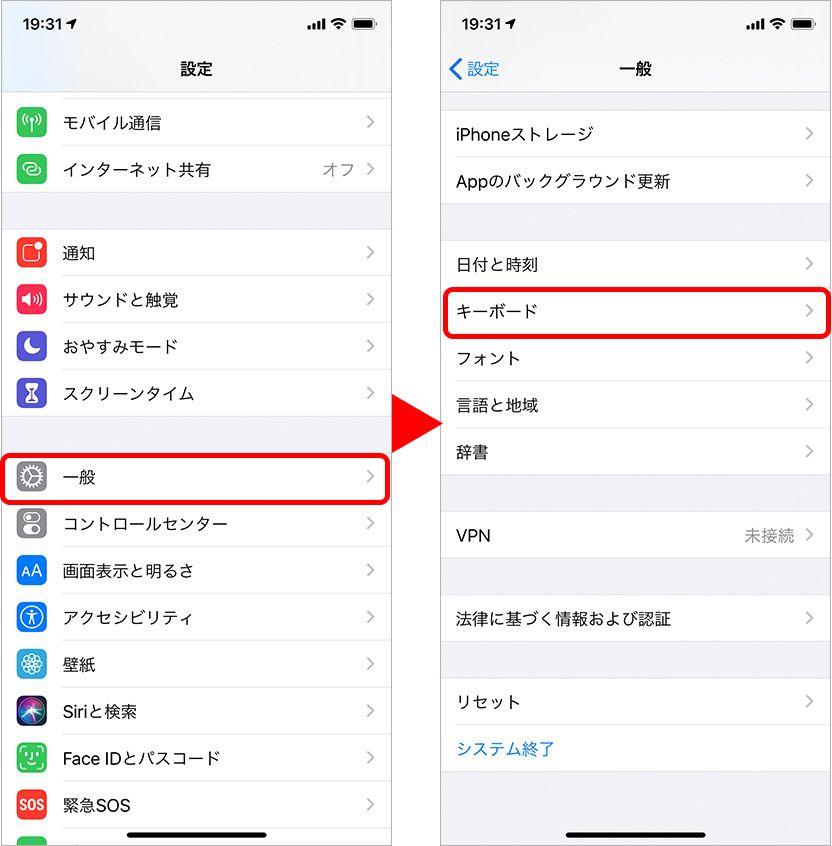McAfee New Year's Eve Review How to Stay Safe Online
business vector created by Jcomp - jp.freepik.com
In today's world where it is natural to go online
In 2021, as in the previous year, it seems that there were many things that went "online". A lifestyle where many people spend their time at home has spread, and online shopping has become commonplace, not only for work, but also for shopping.
As more people use the internet in their daily lives, the handling of personal information and awareness of protecting privacy will become more important. If you use various web services, you will have more opportunities to enter personal information.
In order to stay safe online, what would you like to review during the year-end and New Year holidays? In a nutshell, be conscious of protecting your privacy and be aware of risks.
First, it is basic to use security software to protect devices and personal information. It's also important to update your software and keep it up to date.
In particular, let's turn our attention to the increasing number of opportunities to use the Internet at home. Note that many devices are online. I would like to check not only PCs but also devices connected to the Internet, such as smartphones, tablets, and routers, and their security.
However, even if security-related software is installed, it is meaningless if the user is not vigilant. For example, it is NG to set your password to something that is easy to guess, such as your birthday, or to make it easy to use, such as "123456". Avoid reusing passwords as it is risky.
In addition to making passwords more complicated, it would also be good to use password solutions that incorporate technologies such as biometric authentication and multi-factor authentication. Recently, there are many services available such as "2-step verification" (login verification) that requires verification by not only a password but also a phone number (SMS) when logging in, so if possible, I would like to set it up. .
Be cautious when shopping and on social media
Because people are less likely to go out, e-commerce sites are actively holding year-end and New Year sales. However, the fact that the frequency of using online shopping is increasing may increase the number of phishing scams targeting it.
For contact from an EC site, if it is sent by e-mail, it is important to check the e-mail address, and if you are prompted to access the site, check the web address to see if it is legitimate. It can be said that it is the basis for determining whether it is a fraud.
There are also fake sites that appear to be operated by manufacturers and brands. Since the purpose is to steal the personal information entered when trying to shop, it is made to look exactly like the real thing, making it difficult to distinguish. The iron rule is to "access from the official URL".

In addition, SNS is where we want to be conscious of keeping ourselves safe online. You also need to be careful when handling personal information about yourself, your family, and your friends. It can be said that it is the most basic of basics not to disclose too much information such as date of birth, address, job, and real name.
In addition, even if you see interesting information on SNS, you need to be aware of who posted the information and whether the information can be trusted. I want to be careful about posting and sharing on SNS easily. The spread of uncertain information not only makes it difficult for information to reach the people who need it, but it can even lead to your own flames.
I would like to make sure that I maintain an awareness of security during this year-end and New Year holidays. Here are 10 Tips for Staying Safe Online from the McAfee Blog. (Sekyu Lab)
*The following is reprinted from McAfee Blog.
10 Tips for Staying Safe Online: McAfee Blog
1. Set a complex passwordTo keep your personal and financial information safe, start with important accounts It has long been said that setting a strong password is the best way to deal with it. It is no exaggeration to say that this is an essential rule in today's world where corporate hacking, such as tens of thousands of user passwords being leaked in a single data breach, is expanding. If you reuse passwords on various sites on the Internet, such as SNS and online bank accounts, hackers can use the login information data leaked from attacks on just one SNS, etc., and use it for other services. You will be logged in. To avoid this, we recommend using a password manager to create and store strong passwords for all your accounts.
Also, let's check whether each online account has a multi-factor authentication function. This is a feature that requires multiple pieces of information to verify your identity. For example, when logging into an account, you must enter a code sent to your mobile phone in addition to your password or passphrase. It's getting strict.
2. Enhancing network securityAfter improving the security of your login, check the security of your connection. You probably have a password-protected router at home or work that encrypts your data. But when you're on the go, you might want to use public, free Wi-Fi. However, the problem with public Wi-Fi is that most of them are not secure. This makes it relatively easy for hackers to access your device and steal your information. As a solution, consider using a VPN (Virtual Private Network). A VPN is software that creates a secure connection over the Internet, allowing you to connect safely from anywhere.
3. Use of firewallEven if the network becomes safe, it is still necessary to use a firewall to ensure greater security. A firewall is an electronic barrier that prevents unauthorized access to your computer or device and is often included with comprehensive security software. Firewalls help secure all network-connected devices, including Internet of Things (IoT) devices like smart thermostats and webcams. However, it is important to note that many IoT devices do not have built-in security measures, making them vulnerable points for hackers to infiltrate the entire network.
4. Be careful when clickingAfter implementing high-performance technical countermeasures, be careful not to inadvertently endanger yourself by clicking unintentionally. There are many dangers online today, especially phishing and social engineering. Social engineering is a method of stealing sensitive information such as passwords needed to break into a network. These are all scams of personal and confidential information for obvious fraudulent purposes. Spam emails, fake services or products that say “free”, fishing titles, online quizzes, etc. are all techniques to steal your personal information by luring you to click on dangerous links. If a service offers too good conditions, or if you are asked for a lot of personal information that exceeds common sense, please be careful.
5. Think before sharingRecently, there are many opportunities for individuals to share various information online and on social media. But be careful what you share, especially when it comes to personal information. Such information can be used by criminals to impersonate you or to guess passwords, security questions, and login information.
6. Protect your mobile lifeMobile devices can be at risk online, just like laptops. In fact, tablets and phones face new dangers like dangerous apps and links sent in text messages. Use caution when clicking and ignore messages from strangers without responding. Before using an app, read reviews from other users to see if it is trustworthy, and always download from the official app store. Also, make sure your security software is enabled on all devices.
7. Safely surfing and shoppingWhen shopping online, entering credit card or financial information, accessing online banking or other sensitive transaction websites , be sure to check the website address. Make sure the address starts with "https" with an s instead of "http" and that there is a padlock icon in the URL field. This indicates that the website is secure and encrypts the data so that private thieves cannot intercept it. Also, be wary of websites with spelling or grammatical errors in their addresses. This could be a fake website mimicking a legitimate website to trick visitors and steal information. Avoid dangerous sites with safe search tools like McAfee WebAdvisor.
8. Stay up-to-dateKeep all your software up-to-date with the latest security patches, which are programs that fix security flaws. It's easy to forget to update the apps and security software on your computer, tablet, or mobile phone manually. To keep your devices safe, enable automatic updates and set your security software to scan regularly.
9. Beware of the latest scamsThe methods of fraud and cybercrime on the Internet are constantly evolving. Let's see what we should pay attention to. Currently, “ransomware” is on the rise. Hackers break into a company's computers, lock them, temporarily disable them, and threaten to disable everything unless a large ransom is paid. Always keep in mind that if your information is stolen, this kind of catastrophe can happen.
10. Be vigilant <Always be very careful about what you do online, the websites you visit, and what you share on social media. Use comprehensive security software and regularly back up your data in case something goes wrong. You can also protect yourself from identity theft and malware and keep your personal and financial information safe by taking proactive measures, such as following some basic rules for safe internet use. can make it, right.
*This article is an article that edits and introduces popular entries from past McAfee Blogs for posting on the ASCII and McAfee collaboration site "Sekyu Lab".















